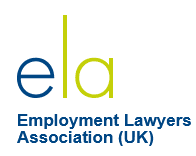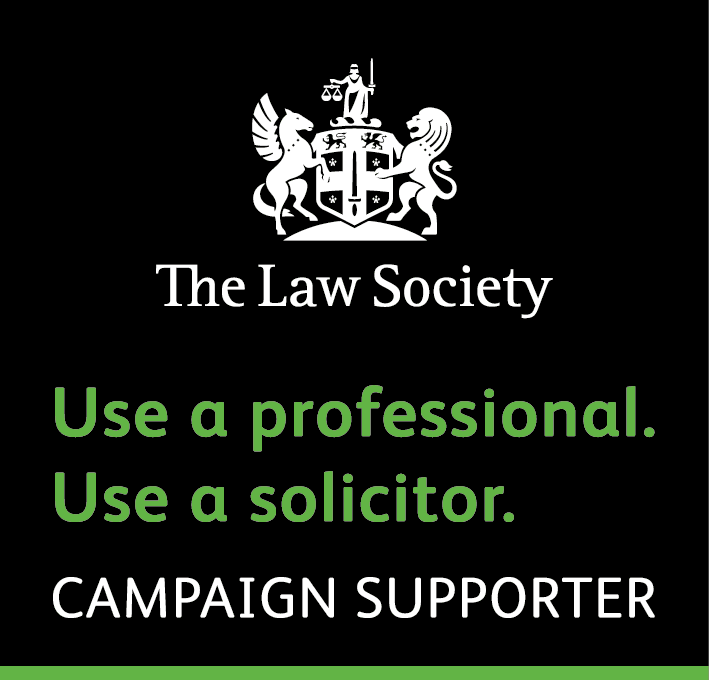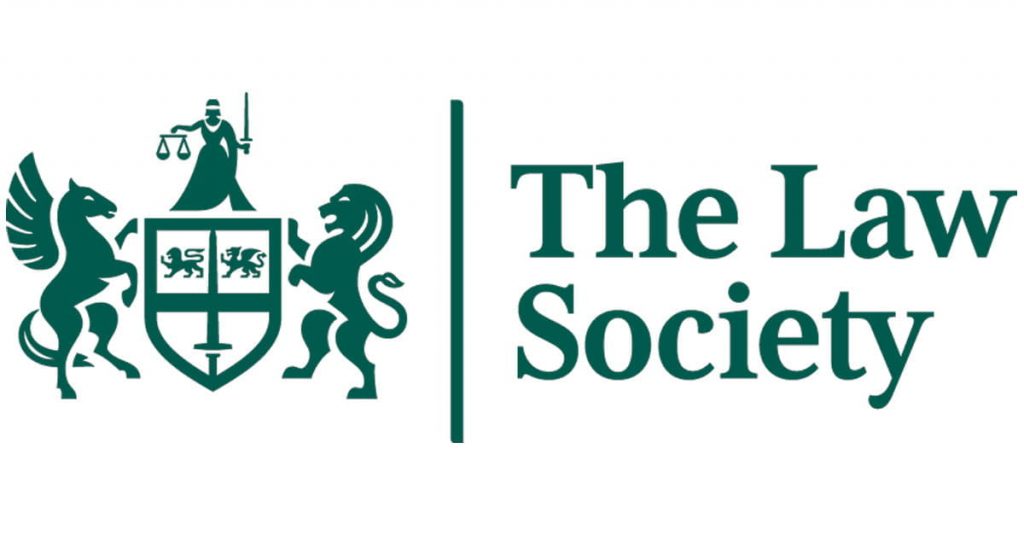Services
What is age discrimination?
Age discrimination is where you are treated differently because of your age or because you fall within an age bracket (e.g. 20-30 year olds or over 40’s). The treatment could be a one-off action or as a result of a rule or policy based on age. The discrimination does not have to be intentional on the part of the employer to be unlawful.
Age is a ‘protected characteristic' under The Equality Act 2010 (“the Act”) and any discrimination based on age is unlawful, unless it can be justified.
The Act says that you must not be discriminated against because:
- you are (or are not) a certain age or in a certain age group;
- someone thinks you are (or are not) a specific age or age group, this is known as discrimination by perception;
- you are connected to someone of a specific age or age group, this is known as discrimination by association.
What is protected by the Equality Act?
The law is designed to protect employees and workers of any age during all aspects of employment, including:-
- dismissal
- employment terms and conditions
- pay and benefits
- promotion and transfer opportunities
- training
- recruitment
- redundancy
Types of age discrimination
There are four main types of age discrimination.
- Direct discrimination
- Indirect discrimination
- Harassment
- Victimisation
What is direct age discrimination?
This happens when someone treats you worse than another person in a similar situation because of your age. For example:
- your employer refuses to allow you to go on a training course because she thinks you are ‘too old’, but allows younger colleagues to do the training.
Direct age discrimination is permitted provided that the organisation or employer can show that there is a good reason for the discrimination. This is known as 'objective justification'. If you bring an age discrimination claim against your employer they can raised this to lawfully defend your claim. If the defence is accepted by the Employment Tribunal, any claim for age discrimination will be defeated.
This is known as objective justification. For example:
- you are 17 and apply for a job on a construction site. The building company refuses to employ under-18s on that site because accident statistics show that it can be dangerous for them. The company’s treatment of you is most likely justified
- a guest house owner charges twice her normal rates for people under 21. She hopes it will deter young people from booking because a few have caused damage recently. A more appropriate alternative would be to ask for a deposit. It is unlikely that the guest house can justify charging the increased rates.
What is indirect age discrimination?
Indirect discrimination happens when an employer has a particular policy or way of working that applies to everyone but which puts people of a certain age group at a disadvantage. For example:
- you are 21 and you find you are not eligible to be promoted because your employer has a policy that only workers with a post graduate qualification can be promoted. Although this applies to everyone, it disadvantages people of your age because they are less likely to have that qualification
- an optician allows customers to pay for their glasses by installments, provided they are in employment. This could indirectly discriminate against young people, who may be in full time education are less likely to be working
Like direct age discrimination, indirect age discrimination can be permitted if the employer is able to show that there is a good reason for the policy. This again is known as 'objective justification'.
Harassment
Harassment occurs when someone makes you feel humiliated, offended or degraded. For example:
- during a training session at work, the trainer keeps commenting how slow an older employee is at learning how to use a new software package because of her age. The employee finds this distressing. This could be considered harassment related to age.
Harassment can never be justified. However, if an organisation or employer can show it did everything it could to prevent people who work for them from behaving like that, a claim for harassment made by an employee will be defeated, although a claim could be made against the person who committed the harassment.
Victimisation
This is when you are treated badly because you have made a complaint of age discrimination under the Equality Act. It can also occur if you are supporting someone who has made a complaint of age discrimination. You do not need to compare yourself with someone who has not done the above to succeed with a claim.
What should you do if you feel you have been discriminated against?
What action you take will depend on how much time you have available to you before the 3-month time limit to bring a tribunal claim is due to expire. The following should be considered to place you in the best position to secure an exit package or a successful tribunal claim: -
- Speak to your line Manger. You should raise your concerns with management so your employer is aware at the earliest opportunity of the issues you are having.
- Lodge an official grievance. If you do not receive a satisfactory response from our manager you should submit a grievance. You should always follow your employer’s grievance policy if they have one. If there is no internal policy you can find guidance on the ACAS website.
- Gather evidence and keep records. If you strongly feel that you have been discriminated against, and you have not received a satisfactory response from your employer, you should start to gather evidence to support a potential tribunal claim.
- Enter a without prejudice discussion. This can be done by submitting a ‘without prejudice’ letter to requesting a ‘without prejudice’ meeting. This will give you the opportunity to have an off the record discussion with your employer to air out your concerns and seek a resolution such as compensation or an exit package. It is important that you tread carefully and seek the guidance from our experienced solicitors before engaging with your employer.
- Lodge an Employment Tribunal claim. If all other options have been exhausted and you still feel aggrieved or you have been dismissed because of your age, you can submit a tribunal claim. If you are still employed this will be for age discrimination. If you have been dismissed this will be for both unfair dismissal and age discrimination. Any claim should be issued within 3 months of the date of dismissal or alleged discriminatory act. It is now mandatory to go through ACAS’s early conciliation scheme before you can submit a claim to the tribunal.
What compensation could you recover for discrimination?
If you are successful in your claim, the main head of compensation will be for what is called ‘injury to feelings’. This is a monetary awarded determined by the tribunal judge which is designed to compensate you for the level of hurt you have suffered as a result of the age discrimination.
Although the final figure is determined by the tribunal judge, the courts have set out guidelines known as the ‘Vento Bands’ depending on the seriousness of the case. They are currently (as of the 6th April 2023) as follows:-
- Band 1: - less serious cases (e.g. a one-off or isolated incident of discrimination): £1,100 – £11,200
- Band 2: £11,200 – £33,700
- Band 3: most serious cases: £33,700 – £56,200
- Exceptional cases: Over £56,200

Solicitor Call Back
Request a FREE no obligation consultation with a solicitor by completing the form below
You can learn more about how we handle your personal data by viewing our Privacy Policy
Ready to speak to an employment law expert?
What makes SA Solicitors different ...
Common settlement agreement issues our solicitors deal with ...
> Counter Offers
> Negotiating Tactics
> Termination Payments
> Compensation Payments
> Grievance Issues
> Notice Pay
> Tax Payments
> Furlough Advice
> Discrimination
> Constructive Dismissal
> Unfair Dismissal
> Redundancy
> Bullying & Harassment
> Sick Absence
> Disciplinary Proceedings
> Capability Arguments





